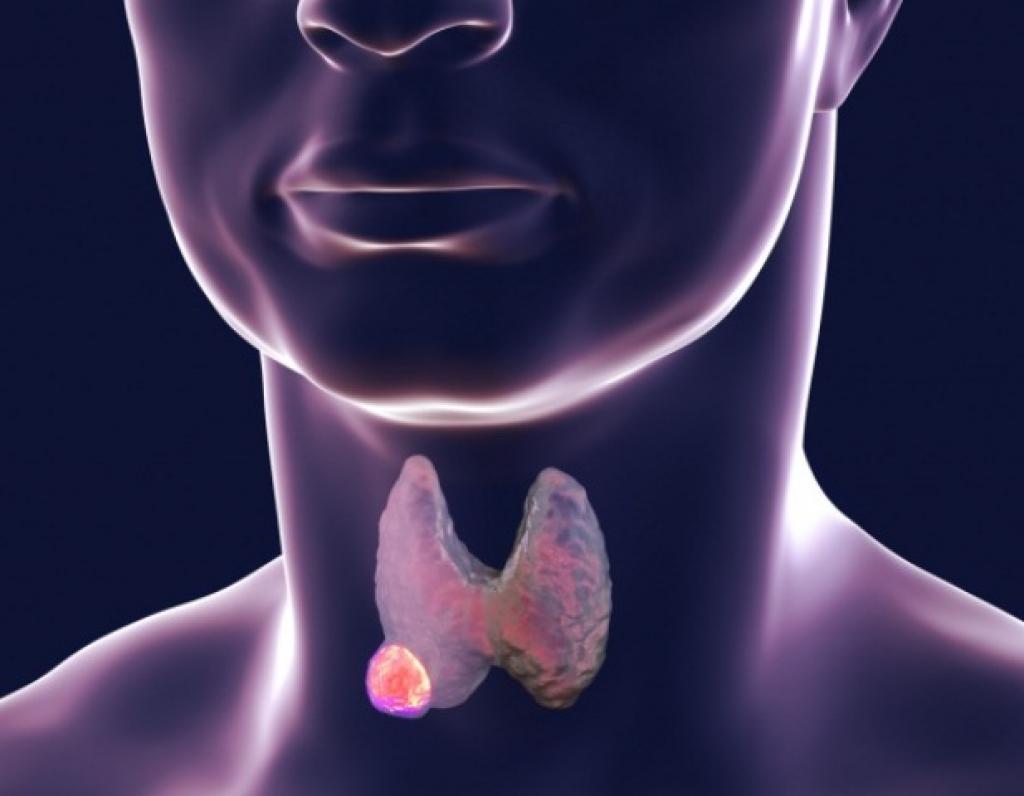ADVERTS
The thyroid ensures the proper functioning of various functions of the body, such as heartbeat and bowel movements, through the production of two hormones: T3 and T4.

The presence of nodules in this gland is very common, and the majority are asymptomatic and do not cause complications or harm to quality of life.
ADVERTS
Scientific studies indicate that 30% to 40% of the population has thyroid nodules. But about 5% of the nodules are malignant tumors.
Data collected by Inca (National Cancer Institute) indicate that this tumor is 3 times more common among women and, in the United States, it corresponds to 3% of all cancer cases in women.
In Brazil, it is estimated that 1% of tumors is in the thyroid.
Symptoms
ADVERTS
The nodule is generally diagnosed during routine examinations, as it does not present symptoms.
Diagnosis
Ultrasonography is currently the most advanced method for diagnosing thyroid problems. If the diagnosis is positive, the doctor analyzes the size of the nodule and checks what changes it is causing in the gland: hyperthyroidism, when the thyroid is overactive; hypothyroidism, when the gland is underactive, making hormone production slower.
Ultrasonography does not allow the difference between a benign and a malignant nodule to be established. To confirm the malignant nodule, a puncture is performed as a complementary exam. If confirmed, depending on the type of nodule and its extent, surgery may be recommended to partially or completely remove the gland.
Thyroid tumors can be classified into three types:
Follicular: 90% of cancers in the gland is of this type. There are two groups for this type of tumor; Papillary carcinoma, predominant between 30 and 50 years old, representing 70% of cases, with high cure rates, and follicular carcinoma, more aggressive, manifesting in the elderly and corresponding to 20% of cases.
Parafollicular (medullary carcinoma): 5% of cancers in the gland are of this type. It affects the parafollicular cells, responsible for producing the hormone calcitonin, which regulates the level of calcium in the blood.
Indiferenciado: representa 5% dos cânceres na glândula e é considerado o mais agressivo, manifestando-se principalmente em mulheres idosas.
